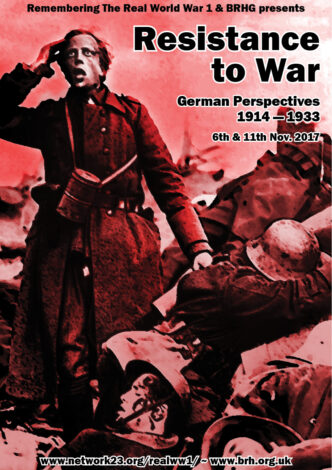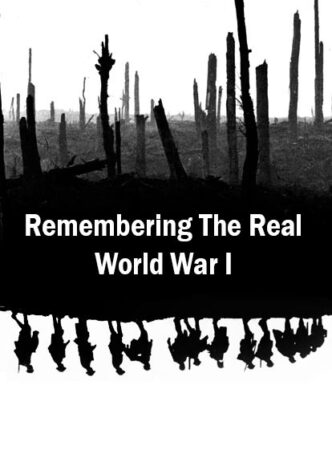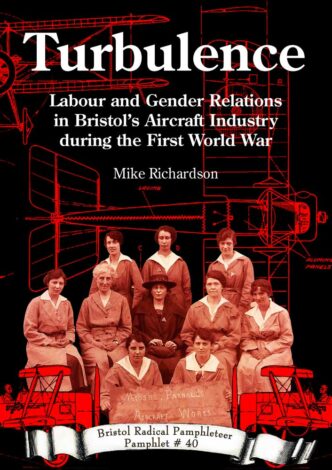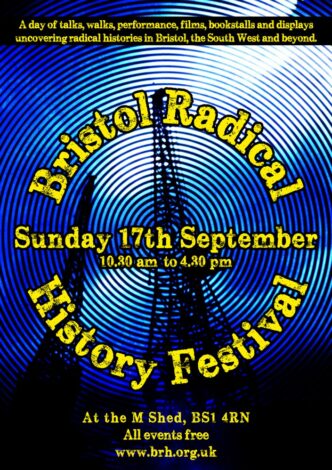How to stop a war: The German servicemen’s revolt of 1918
Studio 1
The German revolution of 1918-20 and its violent suppression is a little known event in the British popular memory. Where it is described the narrative typically commences with the mutiny of sailors from the German High Seas fleet over the first few days of November 1918. However, the numerous actions against the continuation of the war by hundreds of thousands of German soldiers on the western front during the preceding summer, have only been recently exposed by the work of historian Nick […]





